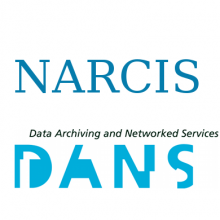Resource information
Since around 2011 pilot projects to innovate land tenure documentation are being implemented in various countries in the global south in order to address the shortcomings of formal land registration. A longer-term question, underlying the present study, is how these innovations relate in the longer run to existing institutional arrangements of land governance in the respective context of implementation. Guided by this more general question, we discuss in this paper first the characteristics for 6 of these approaches. And second, we discuss four closely related challenges identified through a thematic analysis from interview transcripts with representatives of the initiatives. Regarding characteristics, we find a basic commonality of the initiatives is the general approach to tenure documentation through community based digital data capture, in many cases via mobile applications, and the acknowledgment of the plurality of land tenure regimes, which are often not accounted for in statutory land tenure registration laws and/or administrative procedures and practices. Looking at the initiatives in more detail a number of differences become apparent in terms of financing mechanisms and organizational characteristics, as well as application domains. We identify four challenges in the process of implementation. One is the need to strike a balance between inclusion of diverse land tenures, on one hand, and necessary adjustments to existing institutional norms and regulations in land governance. A second pertains to questions of purpose and longer-term goals as implementation requires a fair amount of flexibility in practice. The third challenge relates to the question of the legitimacy of both collected digital data and the paper documents that are being issued. And finally, on the side of digital data production, a longer-term challenge pertains to finding an good balance between transparency and openness, on one hand, and protection of people's land data, on the other. Based on these challenges, we discuss directions for future implementation, evaluation and research.


